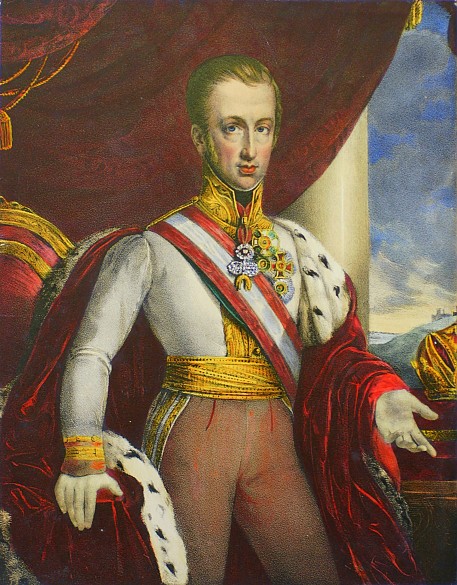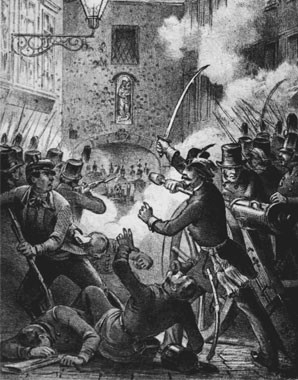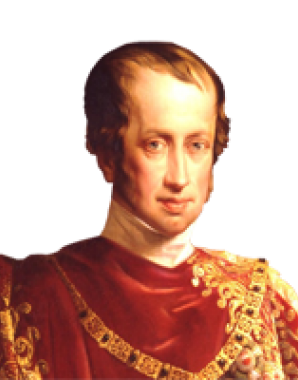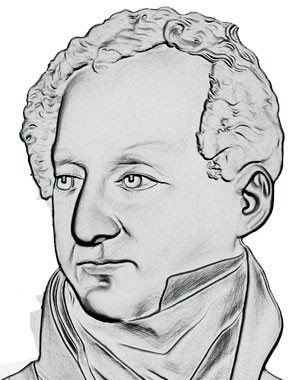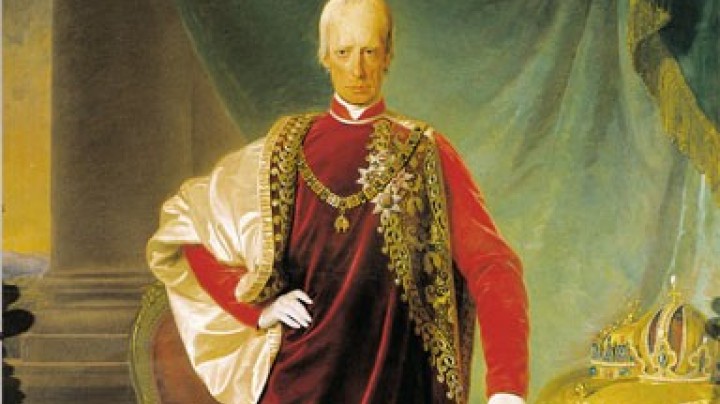The Emperor who was incapable of governing: Ferdinand I
An emperor who was unfit for active service? Emperor Ferdinand is often seen as a figure of fun. Nevertheless, he is one of the best examples of how rulers are not necessarily fitted for their office just because they are ‘legitimate’.
Ferdinand was Emperor Franz II (I)’s elder son and thus the ‘legitimate’ heir to his father’s throne. As he was an epileptic, he was not exactly a promising prospect for the office of emperor – as a result, he was ridiculed as ‘Nandl the idiot’ (‘Nandl der Trottel’ or ‘Nanderltrotterl’). Nevertheless, Franz adamantly upheld the ‘legitimate’ succession of his son, not least because of the insistence of Metternich, who as the strong man in the state had a natural interest in serving a weak emperor. According to this principle, ‘legitimacy’ was dependent solely on dynastic lineage and not on personal abilities or notable achievements.
As a result, after the death of his father in 1835, Ferdinand became Emperor of Austria. To compensate for his shortcomings he was given the assistance of the Privy State Conference (Geheime Staatskonferenz), the president of which was Archduke Ludwig, a brother of the late Emperor Franz. The other members were Ferdinand’s brother Archduke Franz Karl and the two individuals who really called the tune: State Chancellor Metternich and his opponent the State and Conference Minister Count Franz Anton von Kolowrat-Liebsteinsky. Great influence was also exerted by Archduchess Sophie, the mother of the future Emperor Franz Joseph, who on account of her political power was known as ‘the only man at Court’. Under the aegis of this band of guardians, Ferdinand simply gave his blessing to the State Conference’s decisions, thus acting in perfect obedience to his father’s admonition that he should change nothing. The harmless Emperor Ferdinand was greatly loved and earned the name ‘Ferdinand the kind-hearted’ (‘Ferdinand der Gütige’).
When Ferdinand saw the Viennese populace demonstrating during the revolutionary occurrences of 1848, he is said to have asked Metternich, ‘What are all these people doing making such a noise?’ To which Metterich replied: ‘They are having a revolution, Your Majesty.’ Ferdinand, perplexed: ‘Yes, but are they allowed to?’ In the event, it was left to others to provide the answer to this rhetorical question, as the revolutionary unrest forced Ferdinand to leave Vienna. Initially he fled to Innsbruck and finally to the Moravian city of Olmütz (Olomouc), where he abdicated in favour of his nephew Franz Joseph.
